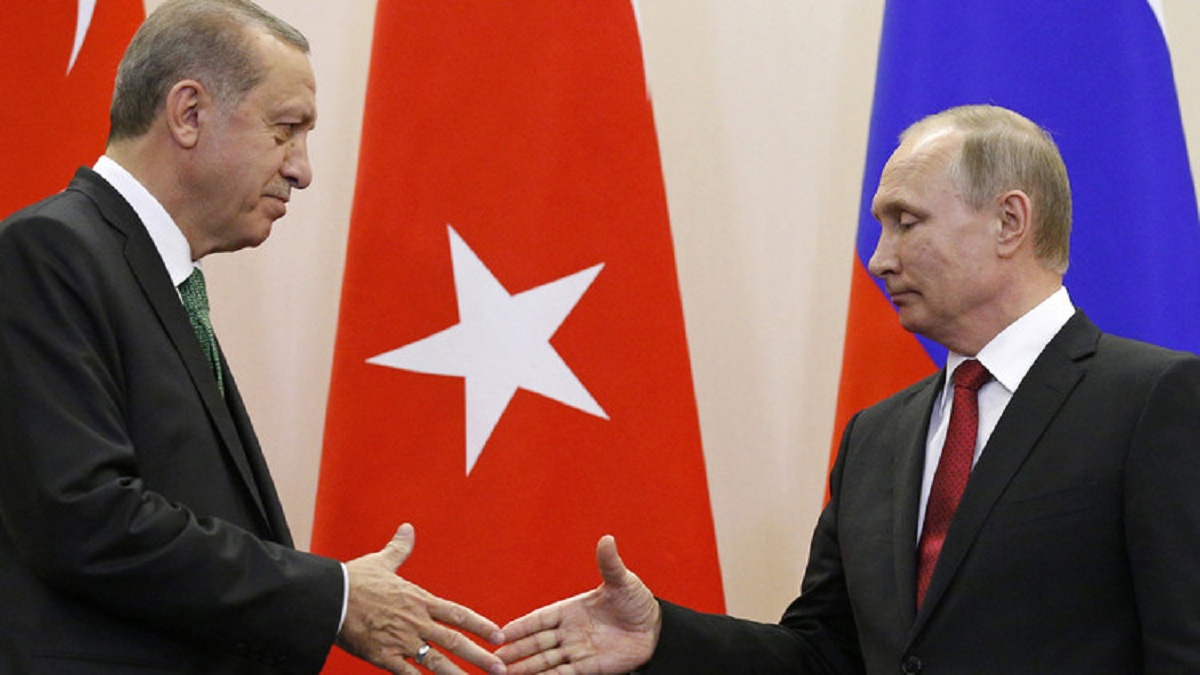The interests of Turkey and Russia in northern Syria are conflicting radically, which has led to an escalation and continuous bombardment by Russia and the regime on Idleb and its countryside, and according to military analysts the matter is heading towards further escalation.
The 12th session of the Astana talks were a disappointment, and the closing statement of the conference was no better than previous talks, despite many observers expecting that Astana 12 would be grounds to resolve the Idleb issue or to at least announce a constitutional committee.
The material differences between Ankara and Moscow around Idleb’s fate have remained, in particular the fate of the armed groups there. The evidence of the growing differences between Ankara and Moscow is the air raids by Russian and regime aircraft during the closing statement in Astana.
Points of Dispute Without a Solution
The opposition military analyst General Ahmed Rihal said that there are four points of dispute between Russia and Turkey which are not solvable.
The first point is the joint patrols between Russia and Turkey. The Syrian interior does not accept joint patrols. The second point is the international roads, as it isn’t possible to open the international roads and put them under the control of the regime and Iran, since the Free Syrian Army will not accept this, nor will the residents.
The third point relates to dismantling Hay’at Tahrir al-Sham and its siblings, since Turkey must either enter into a major battle with the group and increase civilian casualties or continue to be accused of supporting terrorism.
The fourth point is the source of the major dispute, which has not been disclosed by Russia and which Turkey knows, which is the American-Turkish rapprochement around east of the Euphrates, where the Turkish Chief of Staff said that Washington had expressed major flexibility in setting up a safe zone east of the Euphrates.
Rihal said that the American-Turkish rapprochement was vexing to Russia because one of the items of the Turkish-American agreement around east Euphrates was not allowing the regime and its Iranian allies or even Russia to enter areas east of the Euphrates.
This article was translated and edited by The Syrian Observer. Responsibility for the information and views set out in this article lies entirely with the author.


